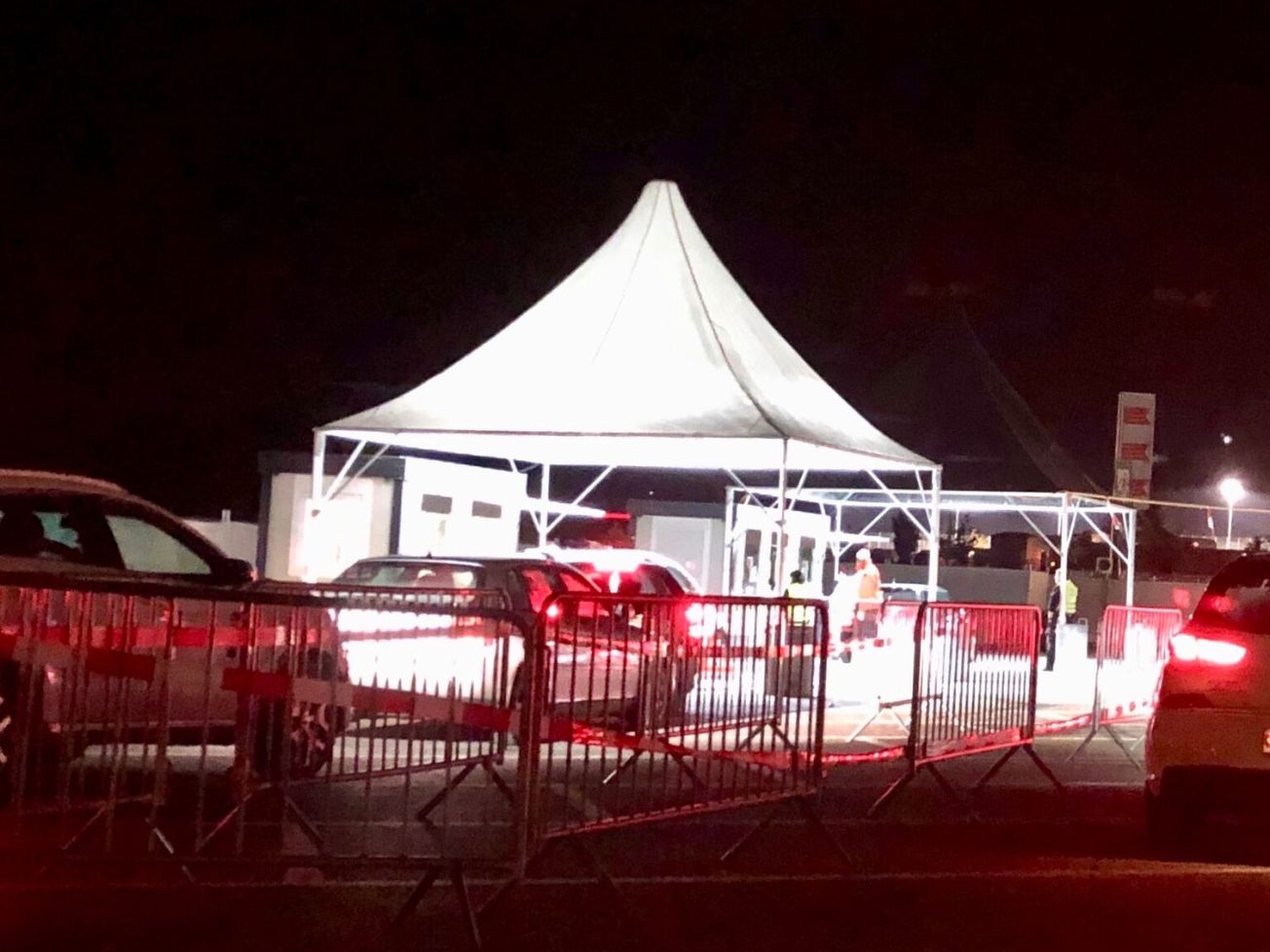Even after COVID-19 vaccines become available, nations must offer widespread testing against infections to end the pandemic, World Health Organization Director-General Tedros Adhanom Ghebreyesus said on Friday.
The U.N. health agency has emphasized the importance of testing since the start of the pandemic in March, and Tedros said it also has provided tools for nations to test people effectively because that is an essential part of the strategy needed to control infections. Since early in the year, he said, WHO officials have shipped millions of tests and other diagnostic products worldwide.







